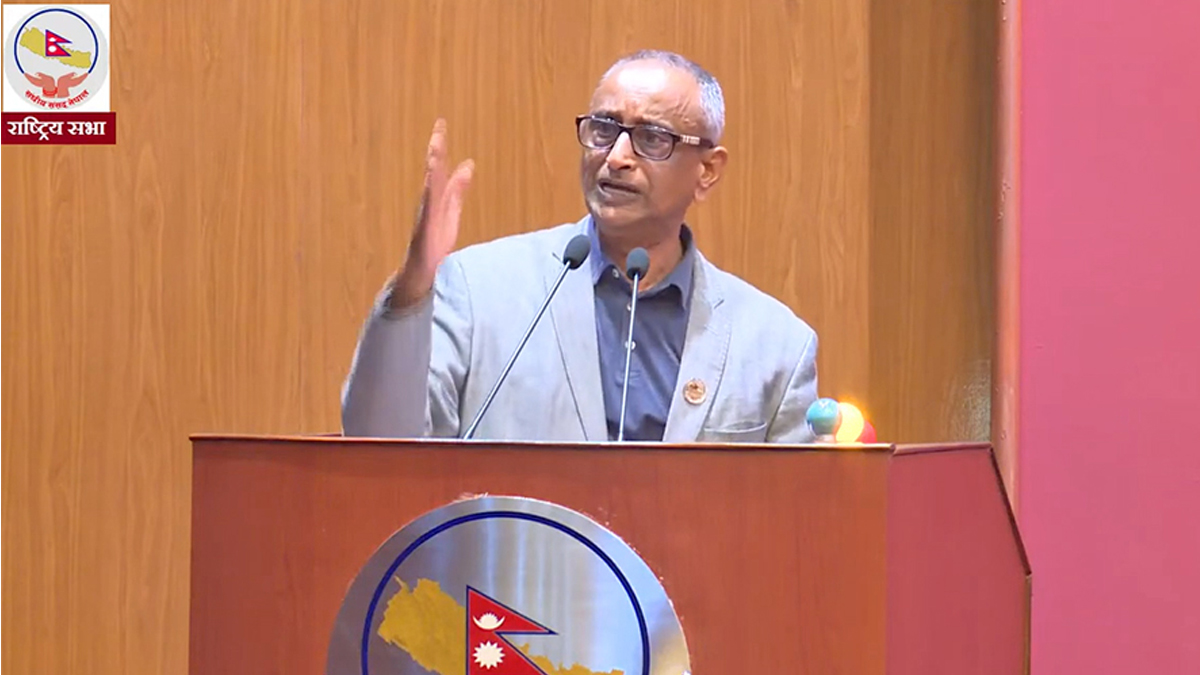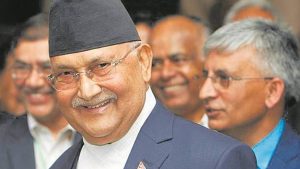
National Assembly Constitutionally Weakened, Asserts Lawmaker Dev

Jeetendra Narayan Dev, a member of the National Assembly (NA) representing the Nepali Congress, has voiced concerns regarding the constitutional and legal weakening of the upper House during the drafting of the constitution and laws.
In an interview with RSS, Dev expressed his theoretical, political, and practical conclusion drawn from his six years in the National Assembly. He emphasized that in democratic countries with a bicameral parliamentary system, both Houses are typically equally powerful and functional. However, Dev lamented that the NA in Nepal was not afforded the same level of empowerment and representation.
Recalling past debates, Dev highlighted the divergence of opinions during discussions on empowering the NA versus granting more powers to the House of Representatives. He noted that while one faction advocated for strengthening the NA, another sought to weaken it, leading to compromises in its authority.
Dev pointed out certain practices that, in his view, have contributed to the weakening of the NA. For instance, he highlighted the absence of a legal provision specifying the timeframe within which bills originating in the NA should be returned to the House of Representatives, portraying it as a deliberate attempt to undermine the upper House’s status.
Furthermore, Dev cited the election of the president in joint parliamentary committees as another example of weakening the NA. Despite efforts by NA members to secure a chair position in these committees, their proposals failed to materialize, thereby diminishing the dignity and weight of the NA.
The lawmaker also raised concerns about the composition of the Parliamentary Hearing Committee, where the majority of members are from the House of Representatives. Dev argued that equal representation from both Houses would ensure fair participation across all parties, thus bolstering the NA’s significance.
In conclusion, Dev’s remarks underscore the need for comprehensive reforms to address the perceived institutional imbalances and strengthen the role of the National Assembly in Nepal’s parliamentary system.
- Nepal’s Exports Rise by 16.5% in Five Months Amid Trade Deficit
- Cabinet Decisions: DIGs Singh and Bohara Promoted; Key Policy Changes Approved
- High-Level Meeting Held to Address Nepal’s Anti-Money Laundering Challenges
- China Imposes Sanctions on Canadian Institutions and Individuals Over Uyghur and Tibet Issues












Comments